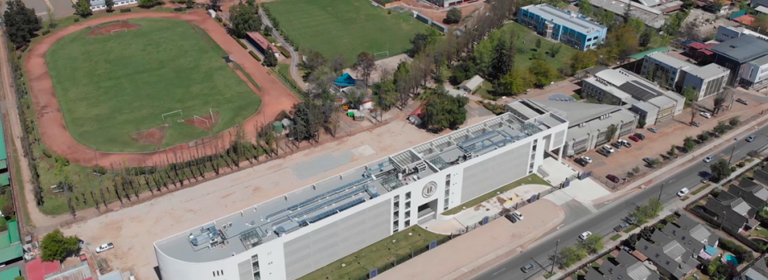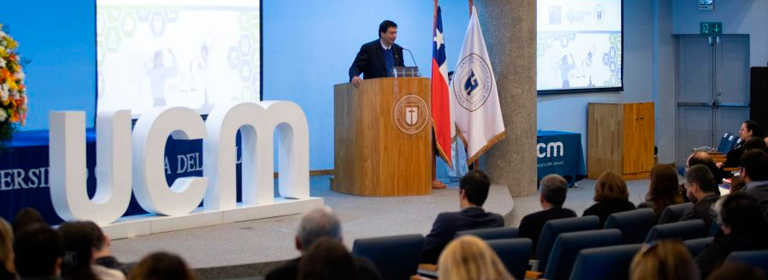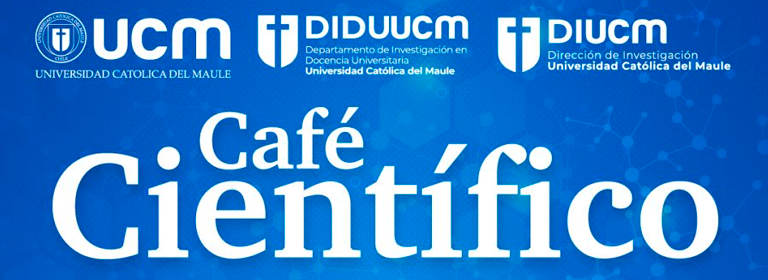The new entity will offer a complete range of solutions for environmental and waste management, in line with the circular economy and sustainability.
As a platform that will deliver environmental solutions, the Universidad Católica del Maule (UCM) created its first technology-based company (EBT). NATPOL – abbreviation of “Nature” and “Polymers” – has a broad portfolio of services, ranging from the transformation of agricultural waste into bioplastics to the physicochemical characterization of complex materials.
“It is a very ambitious and powerful bet. It is a symbol of institutional change, which articulates scientific capabilities with regional needs and positions the university as a key player in innovation in central-southern Chile,” said the rector of the campus, Dr. Claudio Rojas.
The company, which will be led by academics Rodrigo Andler, Rodrigo Morales and Cristián Valdés, already has two technologies registered with the National Institute of Industrial Property (INAPI).
“We are very happy with this milestone. For us it is a dream to materialize what we do in the laboratory and take it to real application,” said Andler.
“The registrations before INAPI -he pointed out- speak of a high level of maturity, with two different processes to produce biopolymers with agricultural waste. We have abundant raw material in this area and the capabilities to generate added value from that raw material. Through biotransformation, the platform will seek to develop technologies through the use of bacteria and enzymes to offer solutions to problems that affect the environment and society.”
The company took its initial steps in 2019, when Andler and Morales – PhDs in Molecular Biotechnology and Biotechnology and in Engineering in Bioresources Sciences, respectively – carried out a mentorship at the University of Riverside in the United States, after winning a contest of the KnowHub Chile Corporation, which supports entrepreneurship initiatives with scientific-technological support and commercial projection.
Opening doors
Within the UCM, the new entity emerges as a precedent for researchers who wish to lead business models derived from R&D. “This is a great step forward for innovation management in our university, which also generates productive development and employment. It is a tremendous source of pride, because it shows how the culture of innovation has been strengthened within the institution,” said the director of Innovation, Development and Technology Transfer, Fabiola Loyola.
NATPOL, whose creation was supported by the campus Intellectual Property Committee, the Legal Department and the Transfer and Licensing Office, will operate like any other company.
“The only difference is that the core of the business model is based on the technologies generated at the university,” said Loyola.
Andler and Morales belong to the Faculty of Agricultural and Forestry Sciences, while Valdés, who holds a PhD in Applied Sciences, is a scientist at the Maule Center for Research in Advanced Studies (CIEAM), which belongs to the institution.













